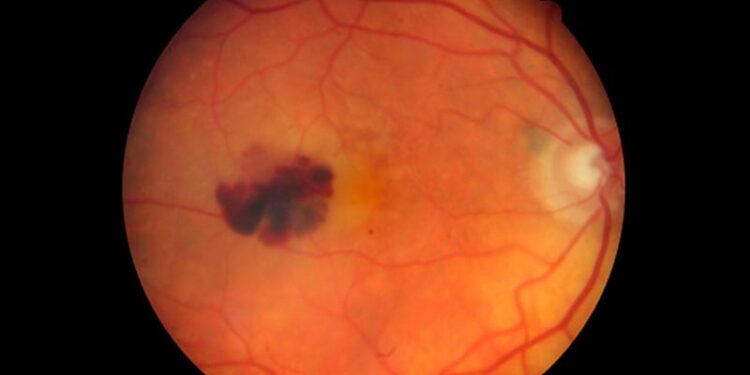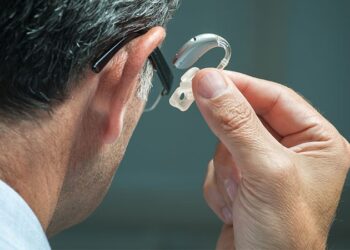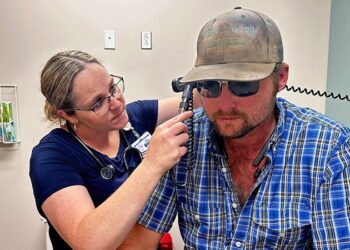TOPLINE:
Dutch patients with neovascular age-related macular degeneration (AMD) who initiated bevacizumab achieved greater long-term improvements in visual acuity than patients in socioeconomically similar countries in which patients started ranibizumab or aflibercept — likely because of early and more intensive treatment in the Netherlands.
METHODOLOGY:
- Researchers evaluated the long-term outcomes of anti-VEGF therapy for neovascular AMD in the Netherlands — where bevacizumab is the mandated first-line drug — to assess if improvements in vision were superior to those in socioeconomically similar countries using ranibizumab or aflibercept.
- They analyzed 5-year data from the Fight Retinal Blindness! registry, comparing outcomes for 1473 eyes in 1229 patients treated with bevacizumab (Dutch cohort) with those for 7144 eyes in 5884 patients receiving aflibercept or ranibizumab (reference cohort).
- Patients enrolled in the registry after January 1, 2016, with at least 6 months of follow-up and no prior history of treatment with an anti-VEGF agent were included in the analysis.
- Primary outcome measures were mean visual acuity at yearly intervals until 60 months, and secondary outcomes included injection frequency and rates of switching to alternative anti-VEGF agents.
TAKEAWAY:
- At 60 months, mean visual acuity among patients in the Dutch cohort was 2.3 letters higher than that of patients in reference cohort; eyes with poor baseline vision in the Dutch cohort showed sustained improvements through month 60, whereas their counterparts in the reference cohort regressed to poor vision within 3 years.
- Patients in the Dutch cohort received 14.5 more injections over 5 years than those in the reference cohort, indicating a more aggressive treatment approach.
- At 60 months, the Dutch cohort also showed higher rates of switching to alternative anti-VEGF agents than the reference cohort (70.9% vs 51.9%), with a shorter median time to switching (11.9 vs 17.7 months), suggesting ophthalmologists in the Netherlands were quicker to change therapy when patients exhibited a poor response to treatment.
IN PRACTICE:
“There is little evidence to suggest that the higher visual outcomes for the Dutch group are due to the choice of drug as bevacizumab has not been shown to be superior to other anti-VEGF drugs,” the researchers wrote. “The head-to-head trials against ranibizumab, IVAN and CATT, only demonstrated that bevacizumab was not inferior. The higher visual gain is likely to result from a more aggressive injection frequency” as well as a higher visual acuity at baseline.
SOURCE:
The study was led by H. Mhmud and J. P. Vermeulen, of the Department of Ophthalmology at Erasmus Medical Center in Rotterdam, the Netherlands. It was published online on June 15, 2025, in Ophthalmology and Therapy.
LIMITATIONS:
A key limitation noted by the researchers was the lack of information about specific treatment regimens used. Decisions about treatment were made by the individual clinicians, and little is known about the reason behind their choices. Reasons for loss to follow-up were recorded for less than 20% of patients.
DISCLOSURES:
This study did not receive any funding. The authors declared having no conflicts of interest.
This article was created using several editorial tools, including AI, as part of the process. Human editors reviewed this content before publication.
Source link : https://www.medscape.com/viewarticle/intensive-bevacizumab-boosts-vision-macular-degeneration-2025a1000gem?src=rss
Author :
Publish date : 2025-06-19 12:20:00
Copyright for syndicated content belongs to the linked Source.














